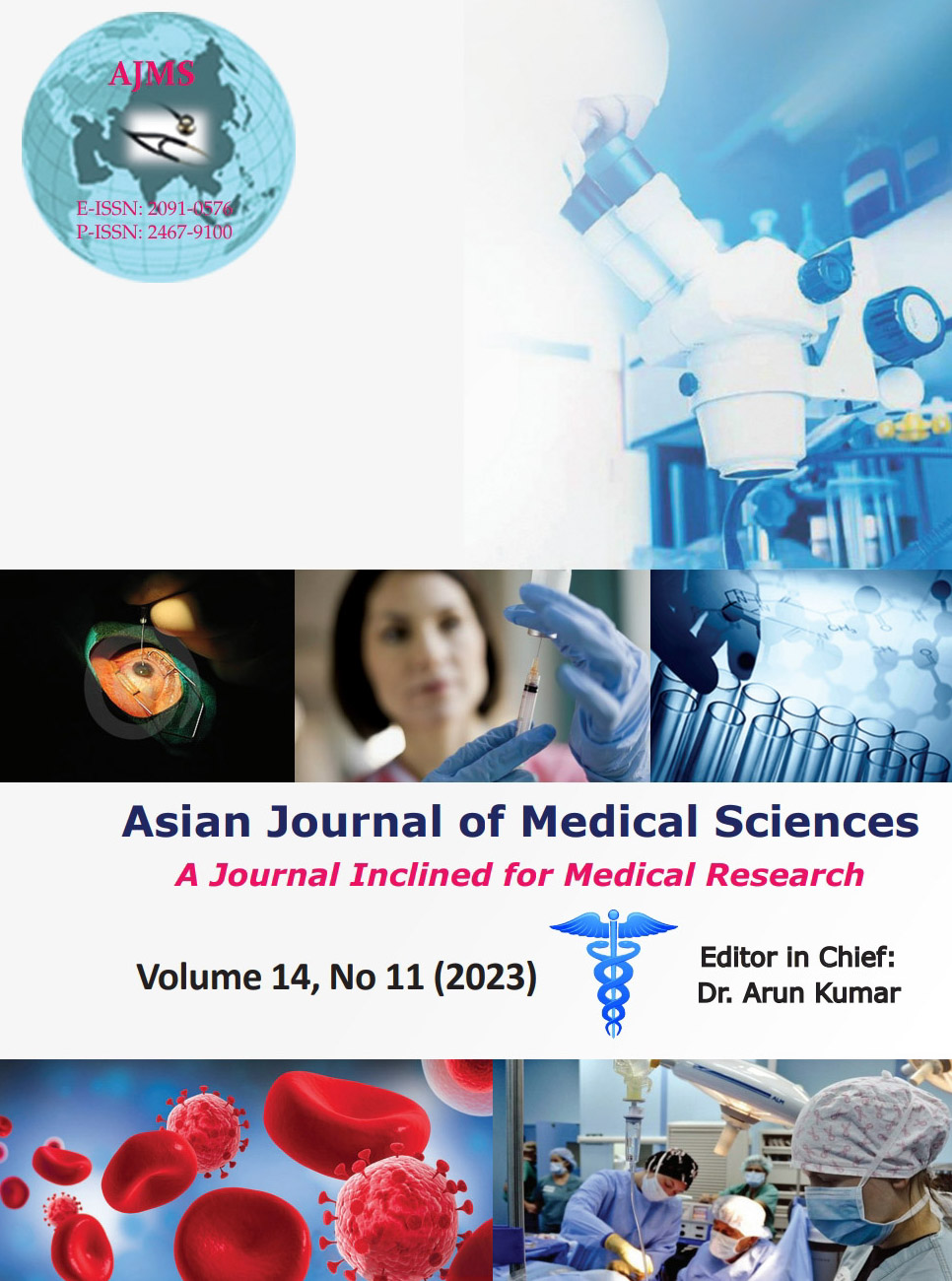Maternal dietary habit influences fetal life
Keywords:
Diet, Nutrition, Microbiome, dysbiosis, Gut floraAbstract
Diet and nutrition have a tremendous influence on health and disease. Dietary constituents can affect health and have been known to supplement with essential nutrients, minerals, and calories for physiological homeostasis. However, diet can also affect gene expression through epigenetic reprogramming or by altering the level of micronutrients. While a nutrigenomics study has delineated this causal link, a recent study published in EMBO Molecular Medicine by Grant et al. went a step further to establish that maternal intake of dietary fibers can alter the fetal gut microbiome, influencing the diversity of the intestinal bacterial flora, thereby affecting the gut-brain axis. Although the relationship between diet and fertility in males and females has been reported, the effect on postnatal life is not well documented. In this study by Grant et al. at the (Luxembourg Institute of Health, Esch-sur-Alzette, Luxembourg), the authors reported that selected feeding of fiber-free diets to pregnant mice alters the gut microbiome composition of their neonate pups depriving them of protective and beneficial commensal, Akkermansia muciniphila, a mucin-foraging bacterium. Further, these animals exhibited heightened immune activity by enriching defense response pathways and IL-22 expression. Therefore, the protective role of A. muciniphila is associated with its protection against chronic inflammation through TLR4 signaling. The author’s study has far-reaching conclusions on improving human health outcomes by the rational choice of food, drugs, and lifestyle to prevent gut dysbiosis and colonization of the right microbiome.
Downloads
Downloads
Published
How to Cite
Issue
Section
License
Copyright (c) 2023 Asian Journal of Medical Sciences

This work is licensed under a Creative Commons Attribution-NonCommercial 4.0 International License.
Authors who publish with this journal agree to the following terms:
- The journal holds copyright and publishes the work under a Creative Commons CC-BY-NC license that permits use, distribution and reprduction in any medium, provided the original work is properly cited and is not used for commercial purposes. The journal should be recognised as the original publisher of this work.
- Authors are able to enter into separate, additional contractual arrangements for the non-exclusive distribution of the journal's published version of the work (e.g., post it to an institutional repository or publish it in a book), with an acknowledgement of its initial publication in this journal.
- Authors are permitted and encouraged to post their work online (e.g., in institutional repositories or on their website) prior to and during the submission process, as it can lead to productive exchanges, as well as earlier and greater citation of published work (See The Effect of Open Access).




